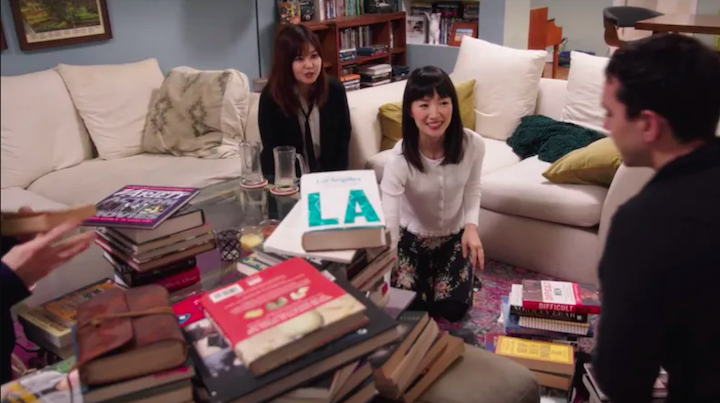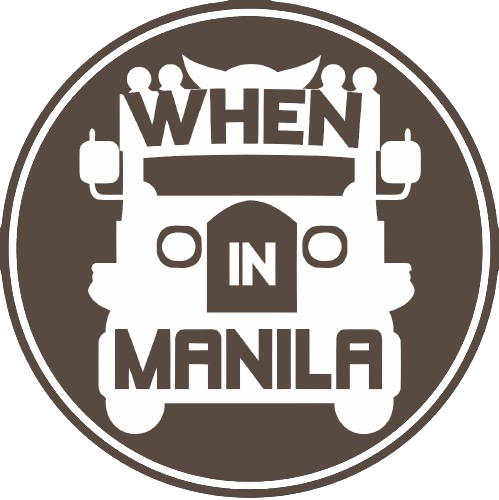The internet recently blew up when they heard that a part of Marie Kondo’s lifestyle philosophy was to have a maximum of 30 books. This philosophy, also known as the KonMari method, essentially advocates for a clean and organized life. Part of that life would be the removal of things that no longer “spark joy”.

In an episode of “Tidying Up with Marie Kondo”, she mentioned that she personally believes in only owning 30 books. It was said as advice to a client in the midst of decluttering their bookshelves. Of course, this led to a lot of book-lovers panicking. Especially because a lot of these bibliophiles were also KonMari fans.
Wait Marie Kondo is telling people to toss their books? THEIR BOOKS? pic.twitter.com/QQxAXwk3Sq
— Joanna Robinson (@jowrotethis) January 4, 2019
People basically thought she was telling them to strictly limit themselves to 30 books. There was huge backlash on Twitter, with people denouncing her as a cleaning guru or swearing off her show. Some people even started attacking her philosophy. Numerous editorials discussing the value of her method and minimalism (and sometimes confusing the two) came out.
Of course, it was all just a misunderstanding. Marie Kondo was simply explaining her own ideal and not setting up a magic standard for everyone to follow. It’s only that she doesn’t see a need for her own home to have any more than 30 books, but the number for each person is up to them to define. It all goes back to her philosophy of discerning which items spark joy, and if those items are books then that’s your choice.
https://twitter.com/Kevin_Church/status/1081545295547297792
In an interview with IndieWire she clarifies:
The most important part of this process of tidying is to always think about what you have and about the discovery of your sense of value, what you value that is important. So it’s not so much what I personally think about books. The question you should be asking is what do you think about books. If the image of someone getting rid of books or having only a few books makes you angry, that should tell you how passionate you are about books, what’s clearly so important in your life. If that riles you up, that tells you something you about that. That in itself is a very important benefit of this process.
Just in case anyone has confused what they ought to do with books they’re getting rid off, she adds:
I do think there is a misunderstanding of the process, that I’m recommending that we throw away books in the trash or burn them or something. I always recommend donating them, so if that’s part of the misunderstanding, then that’s certainly being mixed up.
(Also Read: Why I Became a Minimalist and How You Could Be One, Too)
Have you tried the KonMari method? Tell us about your experience!






